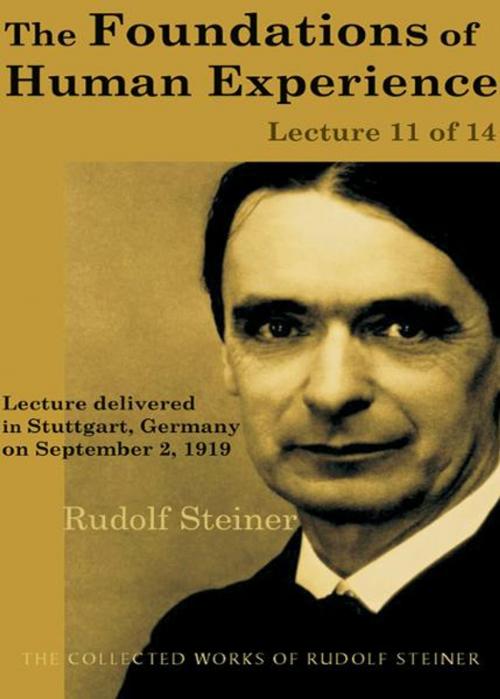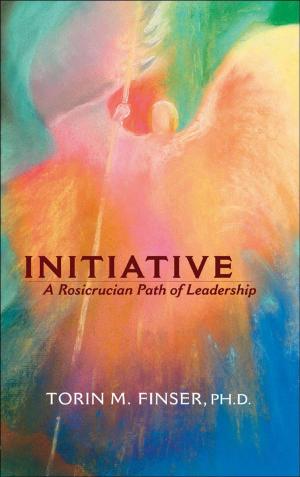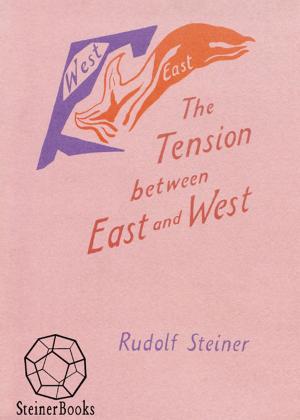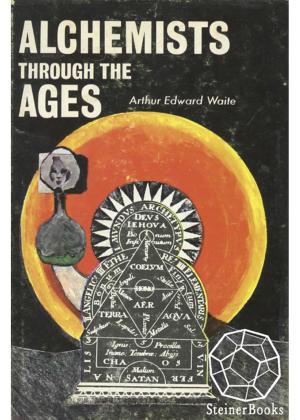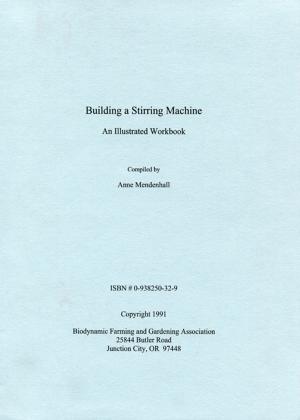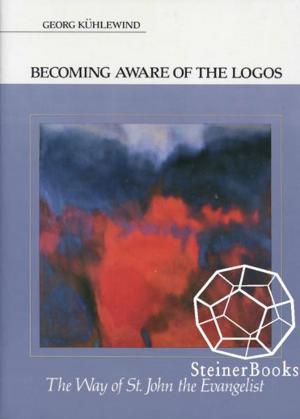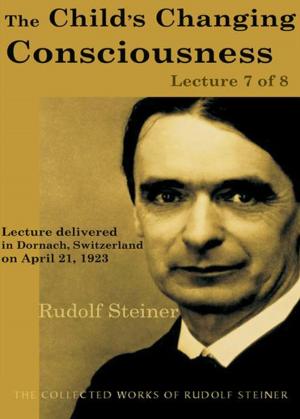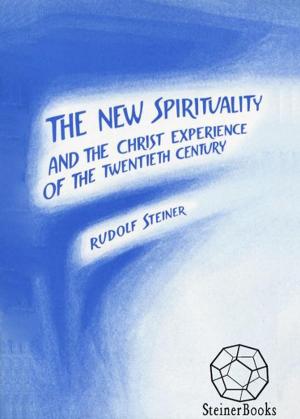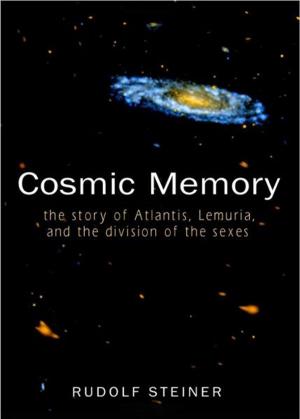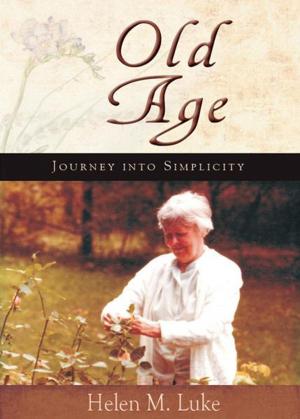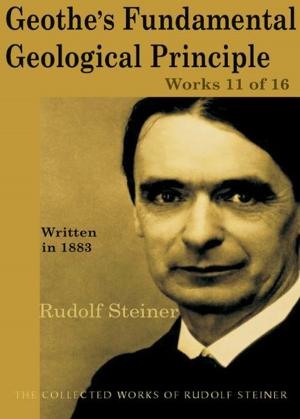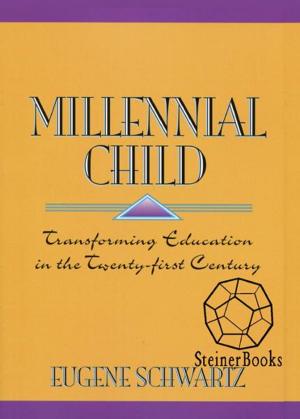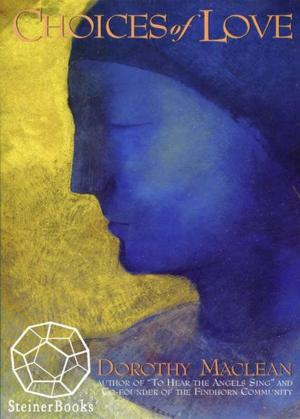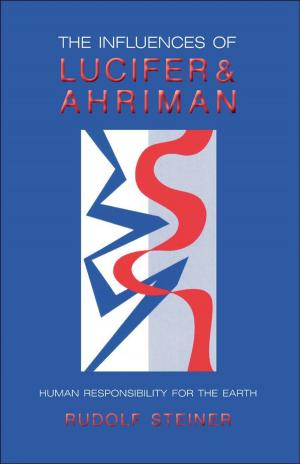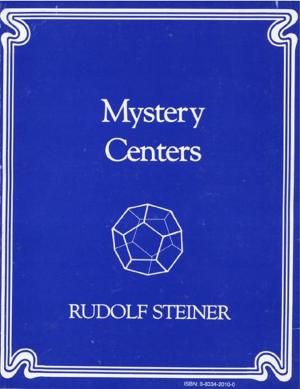The Foundations of Human Experience: Lecture 11 of 14
Nonfiction, Reference & Language, Education & Teaching, Educational Theory, Philosophy & Social Aspects| Author: | Rudolf Steiner | ISBN: | 9780880107600 |
| Publisher: | Steinerbooks | Publication: | September 1, 1996 |
| Imprint: | SteinerBooks, Collected Works 293 | Language: | English |
| Author: | Rudolf Steiner |
| ISBN: | 9780880107600 |
| Publisher: | Steinerbooks |
| Publication: | September 1, 1996 |
| Imprint: | SteinerBooks, Collected Works 293 |
| Language: | English |
This lecture is part of the collection "The Foundations of Human Experience" by Rudolf Steiner. Steiner (1861-1925) was an Austrian philosopher, social reformer, architect, and esotericist. He gained initial recognition as a literary critic and cultural philosopher. At the beginning of the 20th century, he founded a spiritual movement, Anthroposophy. He is considered the father of Waldorf education, biodynamic agriculture, anthroposophical medicine and spiritual science. Human physical nature in relationship to the world of the soul and the spirit: head? developed body, dreaming soul and sleeping spirit; chest? wakefulness in the body-soul, dreaming of the spirit; limbs? wakefulness in the still unformed body, soul and spirit. From this perspective the task of the teacher is to develop the limbs and partially the chest and to awaken the head. The educational effect of language in the early stages of childhood and of the mothers milk in the first part of childhood: awakening of the sleeping human spirit. Awakening the intellect through artistic involvement of the will during elementary school. The influence of education upon the childs growth forces: accelerating growth through too much emphasis upon memory and inhibiting growth through too much emphasis on imagination. The necessity that the teacher observe the bodily development of the child over a period of years and the senselessness of the commonly practiced frequent changes in teachers. Children who tend toward memory or imagination. The entire Collected Works of Rudolf Steiner are available from SteinerBooks.
This lecture is part of the collection "The Foundations of Human Experience" by Rudolf Steiner. Steiner (1861-1925) was an Austrian philosopher, social reformer, architect, and esotericist. He gained initial recognition as a literary critic and cultural philosopher. At the beginning of the 20th century, he founded a spiritual movement, Anthroposophy. He is considered the father of Waldorf education, biodynamic agriculture, anthroposophical medicine and spiritual science. Human physical nature in relationship to the world of the soul and the spirit: head? developed body, dreaming soul and sleeping spirit; chest? wakefulness in the body-soul, dreaming of the spirit; limbs? wakefulness in the still unformed body, soul and spirit. From this perspective the task of the teacher is to develop the limbs and partially the chest and to awaken the head. The educational effect of language in the early stages of childhood and of the mothers milk in the first part of childhood: awakening of the sleeping human spirit. Awakening the intellect through artistic involvement of the will during elementary school. The influence of education upon the childs growth forces: accelerating growth through too much emphasis upon memory and inhibiting growth through too much emphasis on imagination. The necessity that the teacher observe the bodily development of the child over a period of years and the senselessness of the commonly practiced frequent changes in teachers. Children who tend toward memory or imagination. The entire Collected Works of Rudolf Steiner are available from SteinerBooks.
